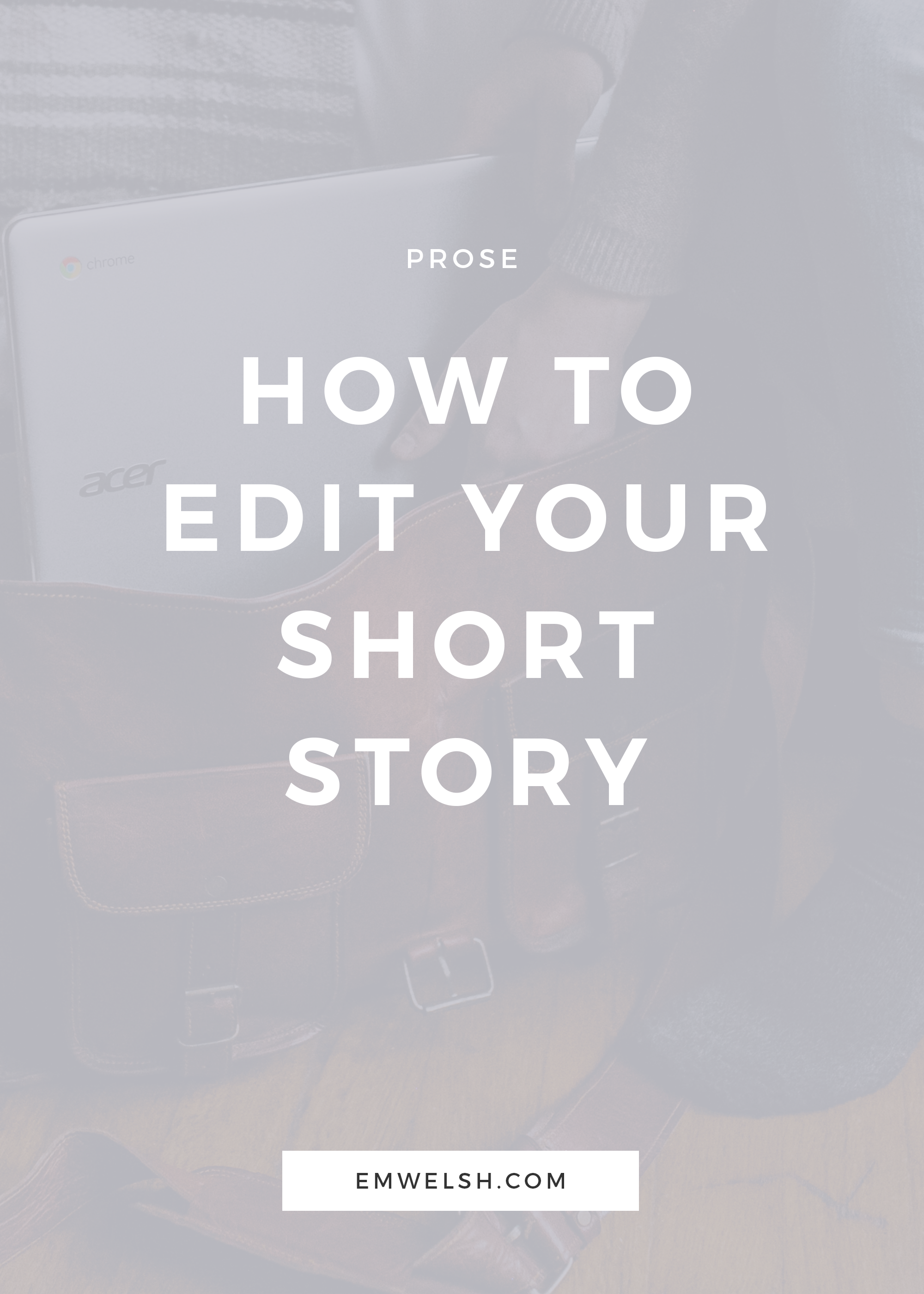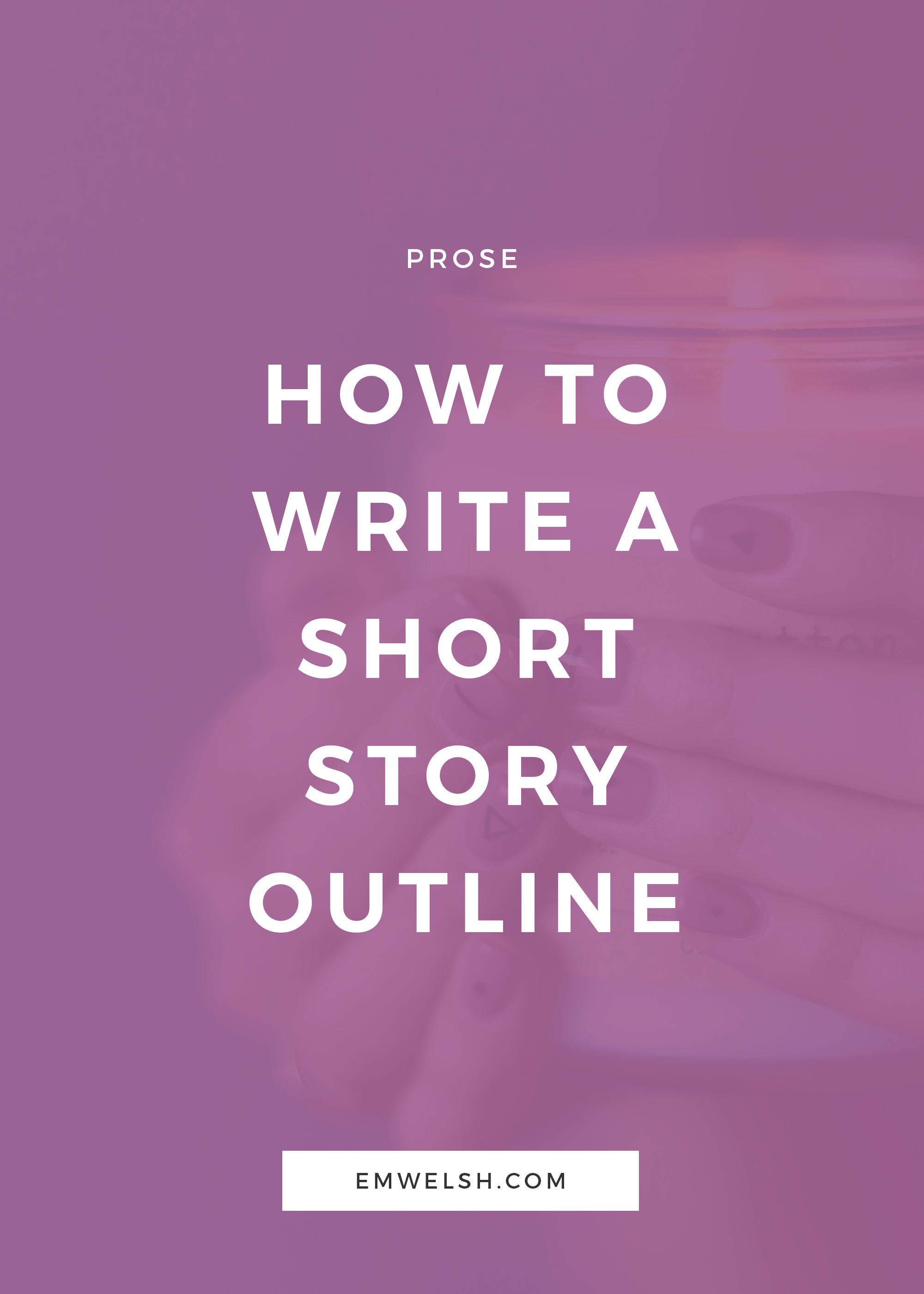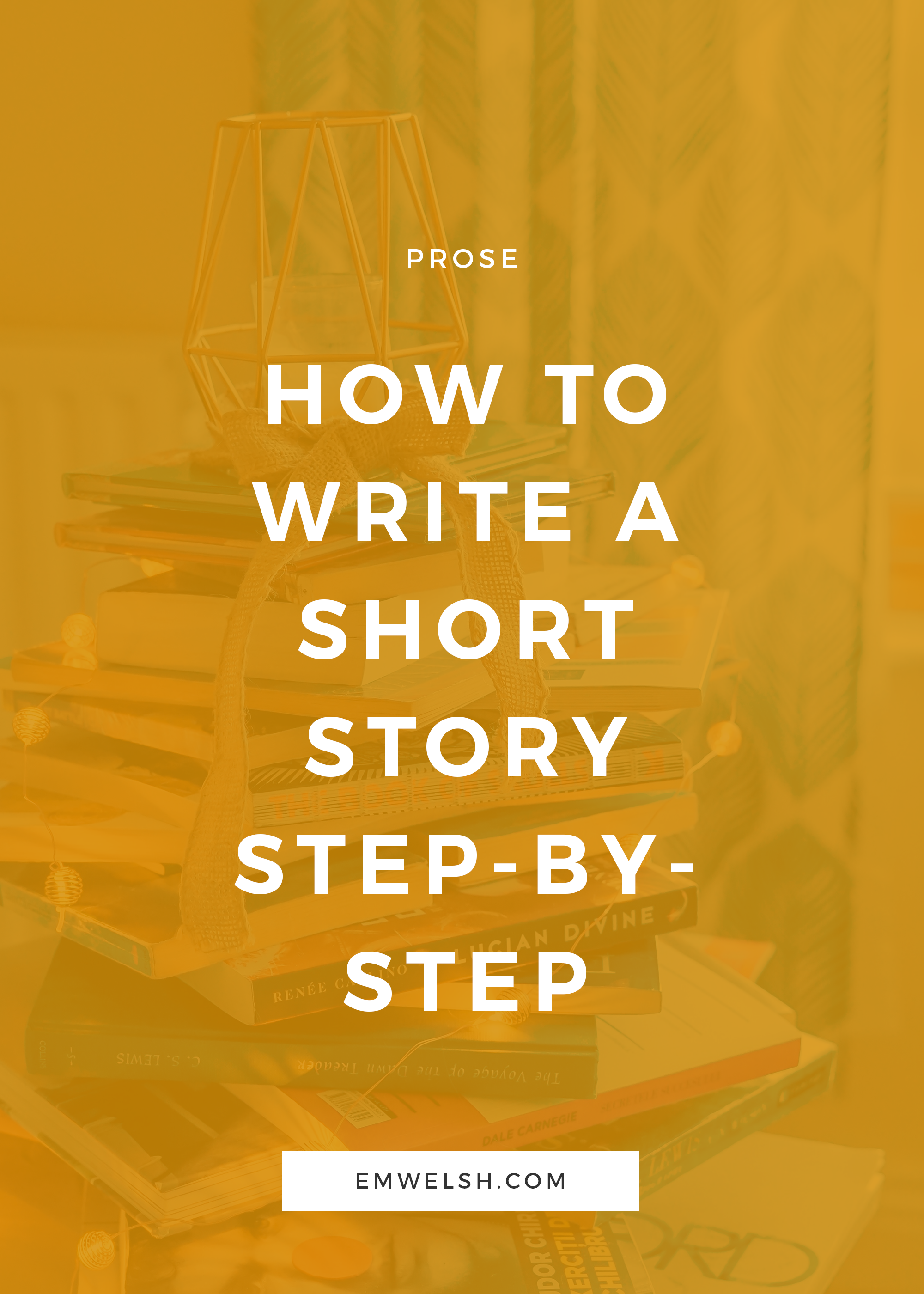Short Story Character Development: How Much is Enough?
/There are so many guides available on how to develop a character, but very few on short story characters. Often this is the case because developing characters for novels versus short stories isn't very different.
However, often people writing short stories can lose time developing their characters and therefore put off writing! Though there really isn't a ton of trouble in "overdeveloping" your character—though you do risk knowing too much and potentially missing a chance to watch your character take on a mind of their own—for people who are trying to crank out several short stories, like those in my Short Story Shuffle, this can be a serious issue.
If you are looking to write a short story either for brevity's sake or because you want to work on writing shorter, more concise narratives, then look no further than this guide on short story character development. This guide covers the core features you how to develop a short story character as well as key traits to focus on so you can quickly get to work!
What makes a short story character different?
The truth is, there isn't anything different between a short story character and a novel character or a movie character. Just like with characters in any other story, there is information you choose to reveal and information you choose not to reveal, either because it is not interesting or relevant, or because you are waiting to reveal that information at a later date.
When writing short story characters you'll be essentially revealing much less about your character than you would in a novel simply because it is not interesting or relevant to the reader. If you are choosing not to reveal something because you plan to reveal details later, it is still much less than usual.
How to Develop Your Short Story Character
1. Study one character
Though I am one who is averse to rules and proclamations, I will say that most short stories focus on one character, so the key to writing your first few short stories is to focus on developing one character at most. Sure, you may have more than one character and you may eventually learn to write them all better than anyone else, but before you do that, you'd benefit from learning to tell a story that leans on one character's experience.
The reality is that there can only be one protagonist in a story. There can be multiple main characters, and often the protagonist is the main character. However even if your main character and protagonist are the same people or separate people, you likely won't have much more room for additional main character development in your story before the piece evolves into a novel.
This is less a rule than a reality—the more main characters you cram into a short story (not characters, but main characters) the longer your story will be because you'll have more characters to develop and flesh out for them to be a primary subject. And after a certain amount of pages, your story eventually evolves into a novella and then a novel and these rules don't apply.
2. Focus on the specific issue at hand
This issue is your main story and what has brought your character to it. Things like backstories, outside relationships, and other conflicts serve the purpose of fleshing out your character, but likely don't contribute as obviously to the main plot.
You can have a minor side plot in your short story, but when developing your short character, focus on following your character's reactions to the main plot or conflict of the story.
3. Connect your character to a theme
If you read my blog often, you likely will feel like you've heard this before but it really is true. Connect your character to a theme and a purpose and you will have a much easier time developing them. I don't mean the end goal for the short story, but something much greater they represent.
The reason for this is because we as humans associate ourselves with something bigger, be it a higher power, a cause, or a community, and as a result connect ourselves to themes we believe are worth fighting for. That can be poverty, jealousy, pride, you name it. We all have our cause and it powers every part of who we are. It powers what makes us a hypocrite and complex human being as well as what powers what makes us so wonderful and devoted to something.
So if each and every one of us have this within us, we search for it in characters. And if our characters don't have it, then they aren't very interesting. However if they do have it, it becomes so much easier to flesh them out and develop them!
For example, if you have a character named Ruth who has a simple goal of getting her car inspected before the end of the month, you have an issue and a focus on one character, but you also have someone who looks like anyone else in the world—someone who has delayed and neglected an expired inspection sticker.
But let's say you gave Ruth a theme of poverty vs. wealth. Suddenly this story takes on a completely new meaning and you more than likely can see a story already unfolding for Ruth. She's saving up for a new car. But right before she can even get the inspection, a cop pulls her over and gives her a ticket. Suddenly a new car isn't a possibility, but she fails her car inspection. See how this is already so much more interesting and easier to imagine as soon as I gave her a theme?
Let's say you gave her a theme of individuality vs. society instead. Now Ruth is someone who hates groupthink and is only getting her car inspected because her mom is making her. See how the story unfolds differently all because of the theme, and without much work?
Conflict + Theme = Core Character Development
People will convince you that you need to have Ruth's appearance, backstory, and life's goals down before you can write about her. But for a short story—and even a novel—that really isn't the case if you know Ruth's theme. For a short story, what matters more is the theme. If you don't know who Ruth was a few years ago, that's not the end of the world because more than likely it's not the premise of the story.
What Ruth represents, on the other hand, is the core of the story.
Essential Traits for Short Story Characters
Often your outline and your character are intertwined in short story writing. It can be hard to decipher one ends and the other begins—and that's fine. However, if you need more guidance, develop the following traits when crafting your character:
Trait #1: Brief background
Who were they before this story? Focus on what event brought them to the beginning of your narrative. It could be something years and years prior, or something a few minutes. You don't have to know who their best friend was or where they grew up or anything like that. Just ask yourself, "what about who they were in the past led them today?"
Trait #2: single goal
What do they want more than anything? This is often related to the conflict and plot, so if you're not sure what their goal is, look to the conflict. It's often the same thing or something internally related, depending on the stories you like to write.
Trait #3: Contradiction
How is your character a hypocrite? Short stories often have characters who do not develop or change—it's a common structure. However, even if your character doesn't change, they still need to have some visible flaw, and often those flaws come easily in a contradiction. Make your character interesting, relatable, and absolutely human by making them a walking contradiction.
Though can never "overdevelop" your short story character, I find that focusing on these three traits of your short story character to be the most you need to really get started. Sure, you will learn other things about your character as you write, but these are the absolute necessities to writing any short story.
So, if you have these three things figured out, no more excuses! Get to writing your short story! Or, at the very least, write your outline.














